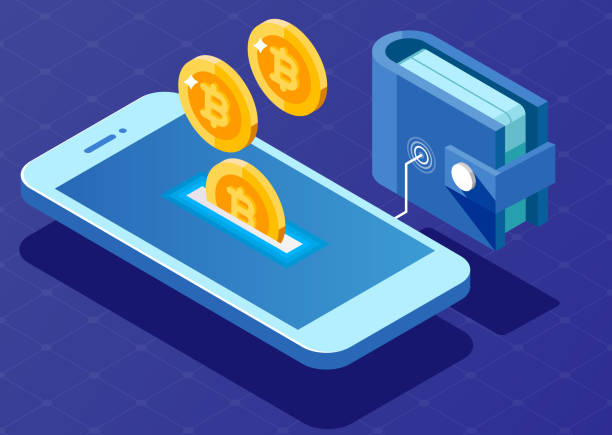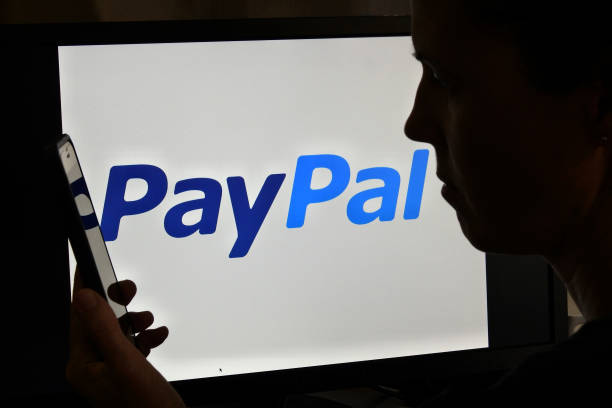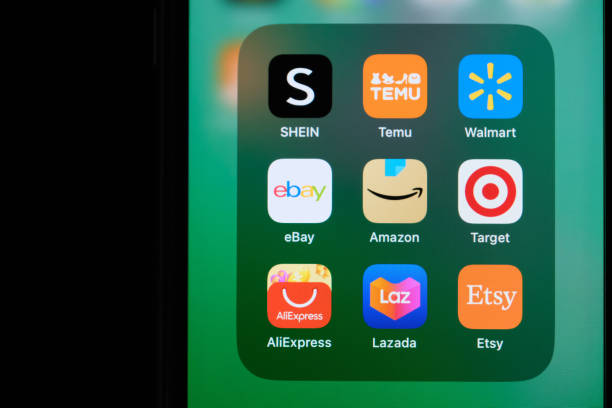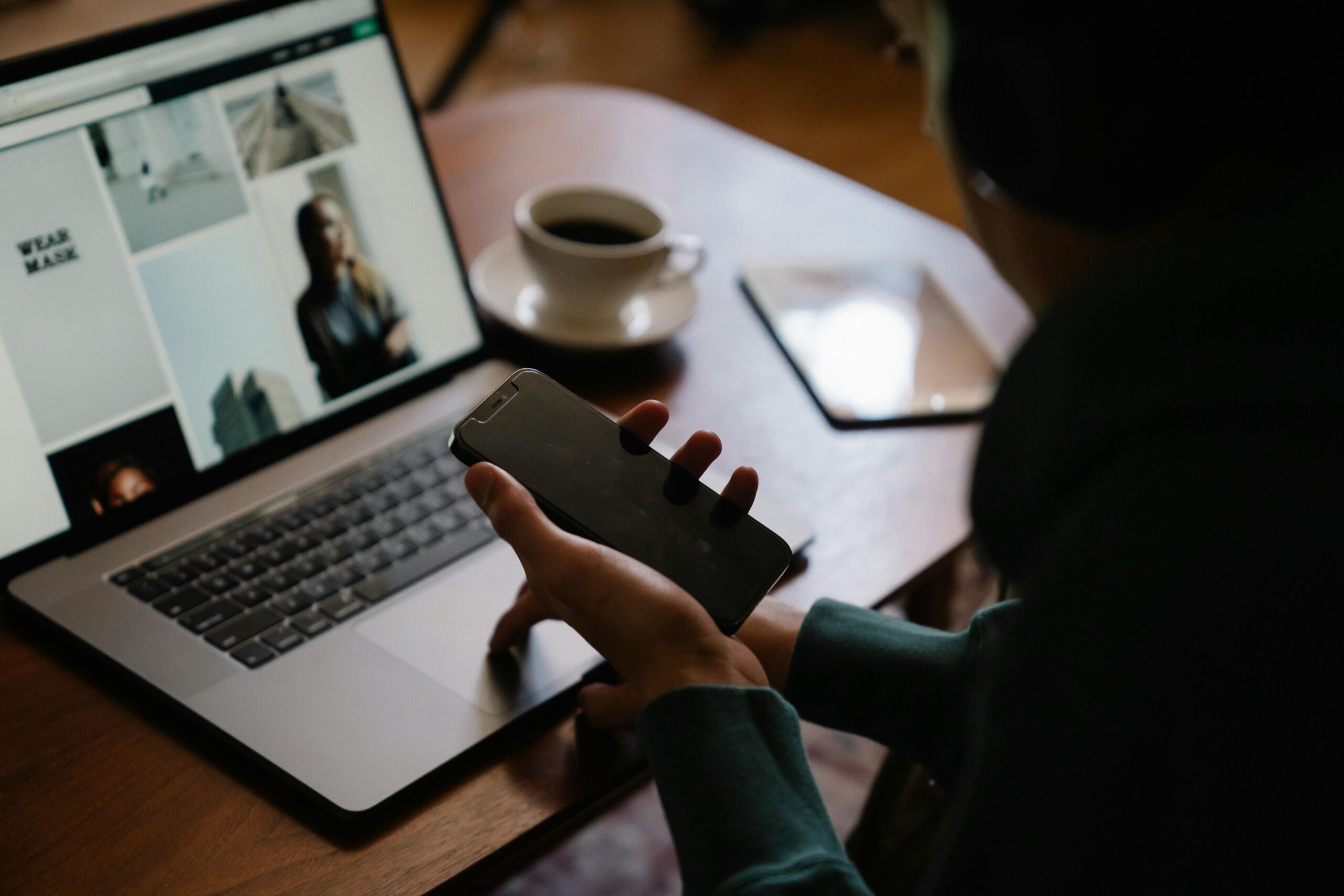Bitcoin has taken the financial world by storm, offering unprecedented opportunities for growth and profit. But with great opportunity comes great responsibility. Securing your investments is paramount to ensuring that your hard-earned assets remain safe from theft, fraud, and loss. So, in this comprehensive guide, we’ll dive into the best practices for safeguarding your Bitcoin investments, helping you navigate the complex world of digital security with confidence.
1. Understanding the Importance of Security – Bitcoin
Before we delve into specific security measures, it’s crucial to understand why securing your Bitcoin is so important. It operates on a decentralized network, which means there is no central authority or traditional banking institution to back you up in case of loss or theft. Unlike physical cash or traditional bank accounts, transactions are irreversible and cannot be easily undone. This makes securing your investments not just a precaution but an absolute necessity.
2. Choose a Reliable Wallet
The first step in securing your investments is selecting a reliable wallet. Also, there are several types of wallets available, each with its own set of features and security levels:
- Hardware Wallets: These are physical devices designed to store your Bitcoin offline, making them resistant to online hacks and malware. So, examples include Ledger Nano S, Ledger Nano X, and Trezor. Hardware wallets are considered one of the most secure options for long-term storage.
- Software Wallets: These are applications or programs that you install on your computer or smartphone. They offer convenience for regular transactions but are more vulnerable to malware and hacking. Also, popular software wallets include Electrum, Exodus, and Trust Wallet.
- Paper Wallets: A paper wallet involves printing your private keys and addresses on paper. While this method is highly secure against online threats, it is vulnerable to physical damage, loss, or theft. So, ensure you store paper wallets in a safe and secure location.
3. Enable Two-Factor Authentication (2FA) – Bitcoin
Two-factor authentication (2FA) adds an extra layer of security to your wallet and exchange accounts. It requires not only a password but also a secondary verification method, such as a code sent to your mobile device or generated by an authentication app. So, popular 2FA apps include Google Authenticator and Authy. By enabling 2FA, you significantly reduce the risk of unauthorized access to your accounts.
4. Use Strong, Unique Passwords
Your wallet and exchange accounts should be protected by strong, unique passwords. Additionally, avoid using easily guessable passwords or reusing passwords across multiple sites. Also, a strong password typically includes a mix of upper and lower-case letters, numbers, and special characters. So, consider using a password manager to generate and store complex passwords securely.
5. Keep Your Private Keys Private – Bitcoin
Your private keys are the most critical component of your security. So, these keys are essentially the “passwords” that allow you to access and manage your holdings. Never share your private keys with anyone, and be cautious of phishing attempts that may try to trick you into revealing them. So, if someone gains access to your private keys, they can potentially steal your Bitcoin.

6. Backup Your Wallet Regularly – Bitcoin
Regularly backing up your wallet is essential to protect against data loss or corruption. Additionally, most wallets provide options to create backup files or seed phrases. A seed phrase is a series of words that can be used to recover your wallet if your device is lost or damaged. Store these backups in a safe, secure location, such as a safe deposit box or a fireproof safe. So, ensure you have multiple backups in different locations to protect against various risks.
7. Be Wary of Phishing Scams
Phishing scams are a common threat in the cryptocurrency world. So, these scams typically involve fraudulent websites or emails designed to trick you into revealing your private keys or login credentials. Additionally, always double-check website URLs and ensure you’re on the official website of your wallet or exchange. Be cautious of unsolicited emails or messages asking for personal information or urging you to click on links.
8. Keep Your Software Updated – Bitcoin
Keeping your wallet software, antivirus programs, and operating systems up to date is crucial for maintaining security. Software updates often include security patches that address vulnerabilities and protect against new threats. Ensure that you regularly update your software and install any available security updates.
9. Be Cautious with Public Wi-Fi
Accessing your wallet or exchange accounts over public Wi-Fi networks can expose you to security risks. Public Wi-Fi networks are often less secure and more susceptible to attacks. If you need to access your investments while on the go, use a secure, private network or a virtual private network (VPN) to protect your data.
10. Diversify Your Investments – Bitcoin
Diversification is a key strategy for managing risk in any investment portfolio, including Bitcoin. Consider spreading your investments across different cryptocurrencies or asset classes to reduce exposure to any single point of failure. While Bitcoin is a popular and valuable asset, diversifying can help mitigate potential losses and enhance overall security.

11. Consider Using Multi-Signature Wallets
Multi-signature wallets require multiple signatures or approvals before a transaction can be executed. This adds a layer of security by ensuring that multiple parties must agree to a transaction before it can be completed. Multi-signature wallets are particularly useful for businesses or individuals managing significant amounts of Bitcoin.
12. Stay Informed About Security Best Practices
The cryptocurrency landscape is constantly evolving, and so are the threats and security measures. Stay informed about the latest security best practices and developments in the Bitcoin community. Follow reputable sources, participate in online forums, and engage with other Bitcoin enthusiasts to stay up-to-date with the latest security trends and recommendations.
Conclusion
Securing your Bitcoin investments requires vigilance, knowledge, and the implementation of best practices to protect against potential threats. By choosing a reliable wallet, enabling two-factor authentication, using strong passwords, keeping your private keys private, and staying informed about security trends, you can significantly enhance the safety of your Bitcoin holdings. Remember, your Bitcoin security is only as strong as the measures you put in place. Stay proactive, stay informed, and enjoy the exciting journey of Bitcoin investment with peace of mind.









[…] Analysis: Learn how to analyze Bitcoin price charts and identify trends. This can help you make informed decisions about when to buy and […]